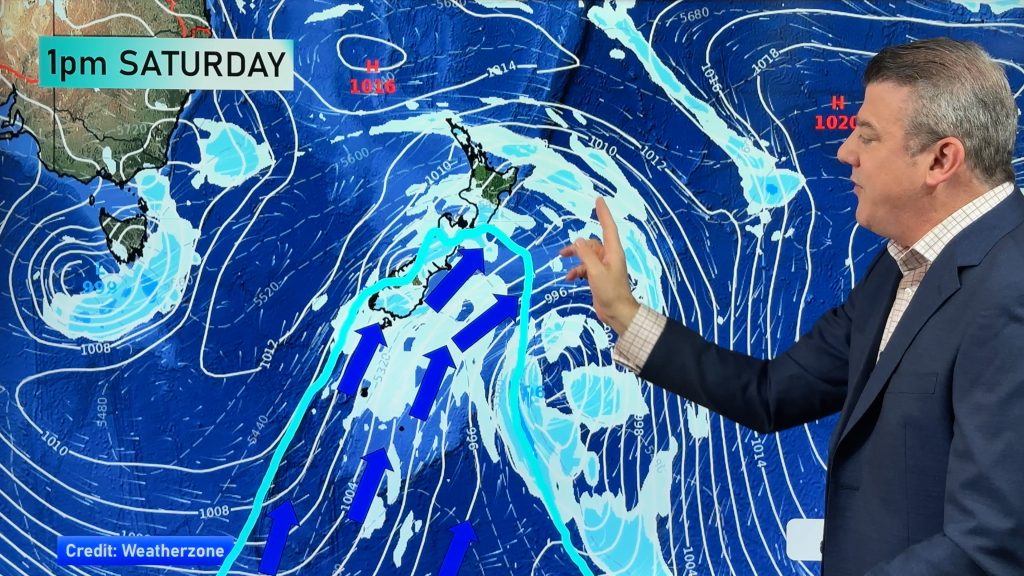
> From the WeatherWatch archives
The volcanic ash cloud that exploded from an Icelandic volcano this week is not expected to have an impact on global temperatures.
The volcano, located under the Eyjafjallajokull glacier, erupted on Thursday producing a 10-kilometre high plume of ash and rock that has extended across most of northern Europe.
The debris has caused the closure of airports in the UK, Norway, Denmark, Belgium and Sweden, and produced spectacular sunsets in the region.
While the particles may have an effect on local temperatures in the short-term, experts don’t believe it will have the same impact as the Pinatubo eruption two decades earlier.
In June 1991, Mount Pinatubo, an active volcano in the Philippines, launched ten cubic kilometres of material into the atmosphere.
Comments
Before you add a new comment, take note this story was published on 19 Apr 2010.






Add new comment
Ken Ring on 19/04/2010 12:56pm
It seems that the world has been nicely conned by the oft-repeated claim that ash and dust from the Mt Pinatubo eruption on 12 June, 1991, (also a new moon day) caused global temperatures to decrease for at least a year afterwards. I have collected annual temperatures, sunshine figures and radiation levels for several locations around the globe, including for NZ, for each year from 1981 to 1999. There is simply no spike, either upwards or downwards following that eruption. I am using NIWA’s own figures. In fact for Tokyo, downwind from Pinatubi, for which I also have data, sun radiation levels actually rose about a year later. If shielding was occurring you would at least expect solar radiation to diminish. I would be willing to forward my results free to anyone who wants to see the actual evidence. The Pinatubo story appears to have been a global warming-linked deception, because if it can be established that natural gases ejected into the air can disrupt climate or weather patterns, then it strengthens the case for manmade gases to be capable of the same.
My email: enquiries@predictweather.com
Reply